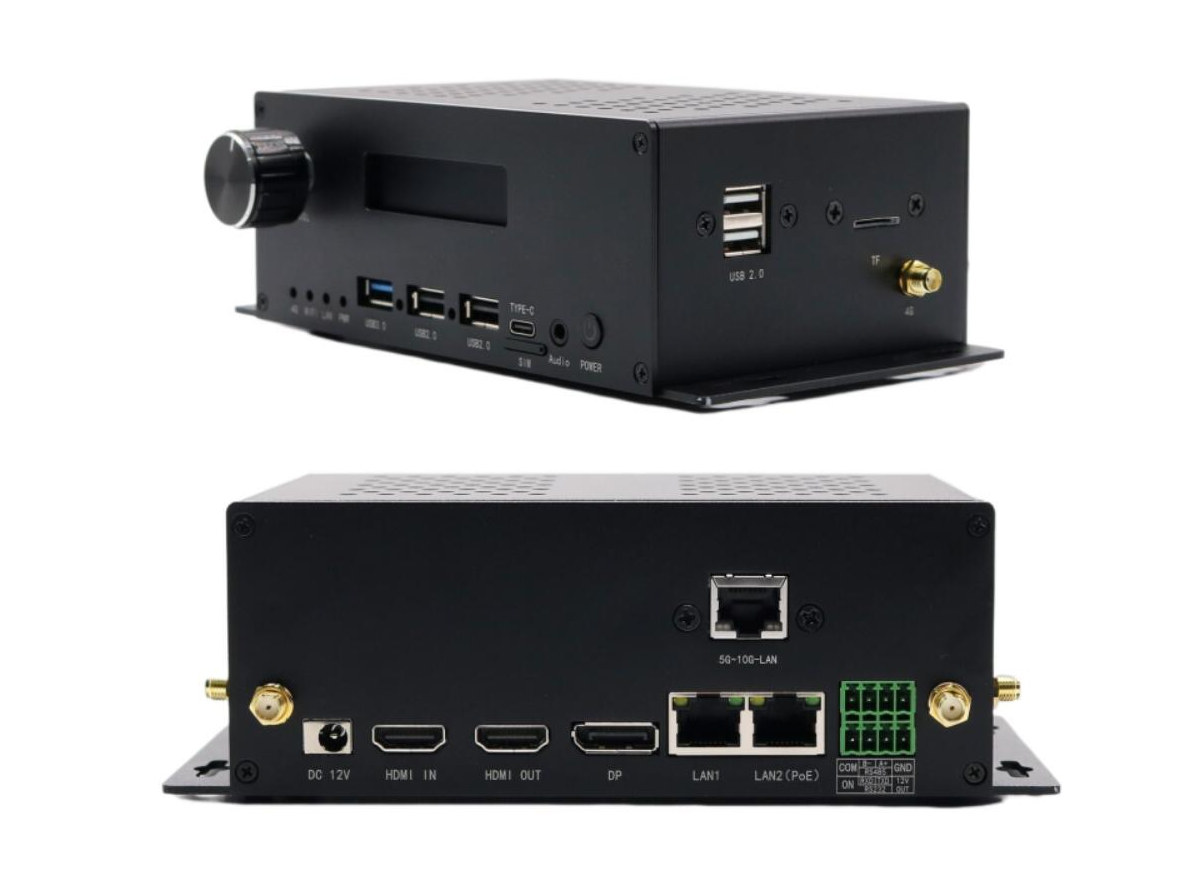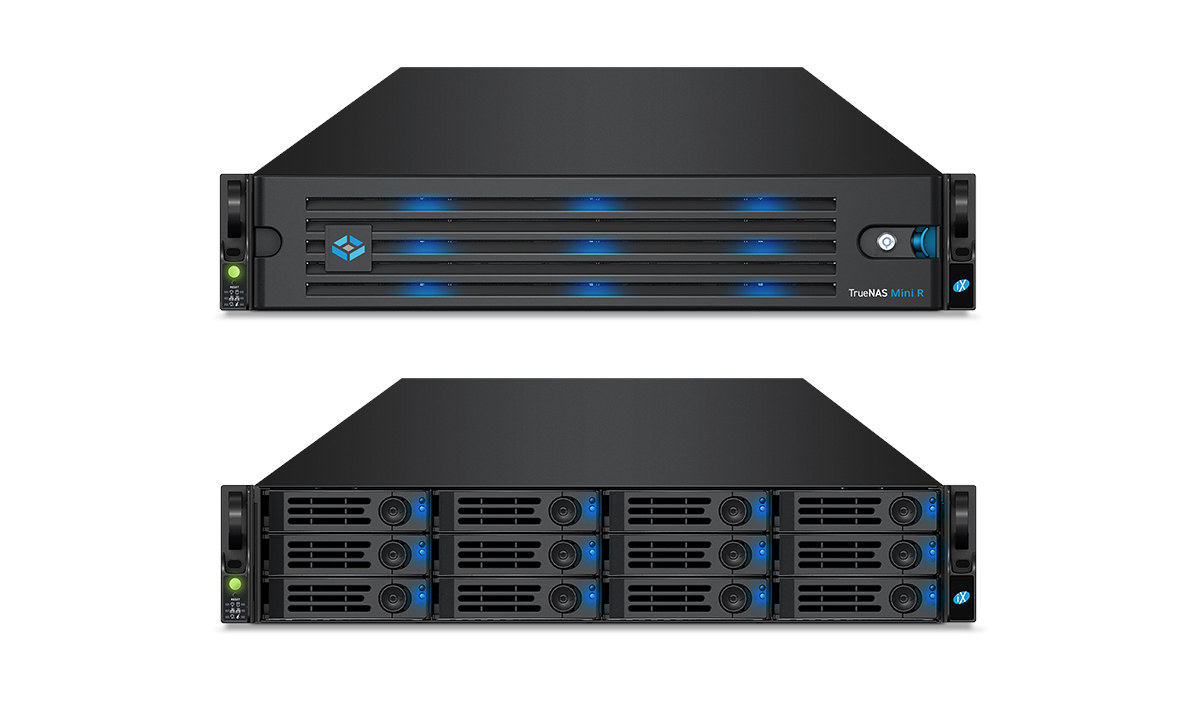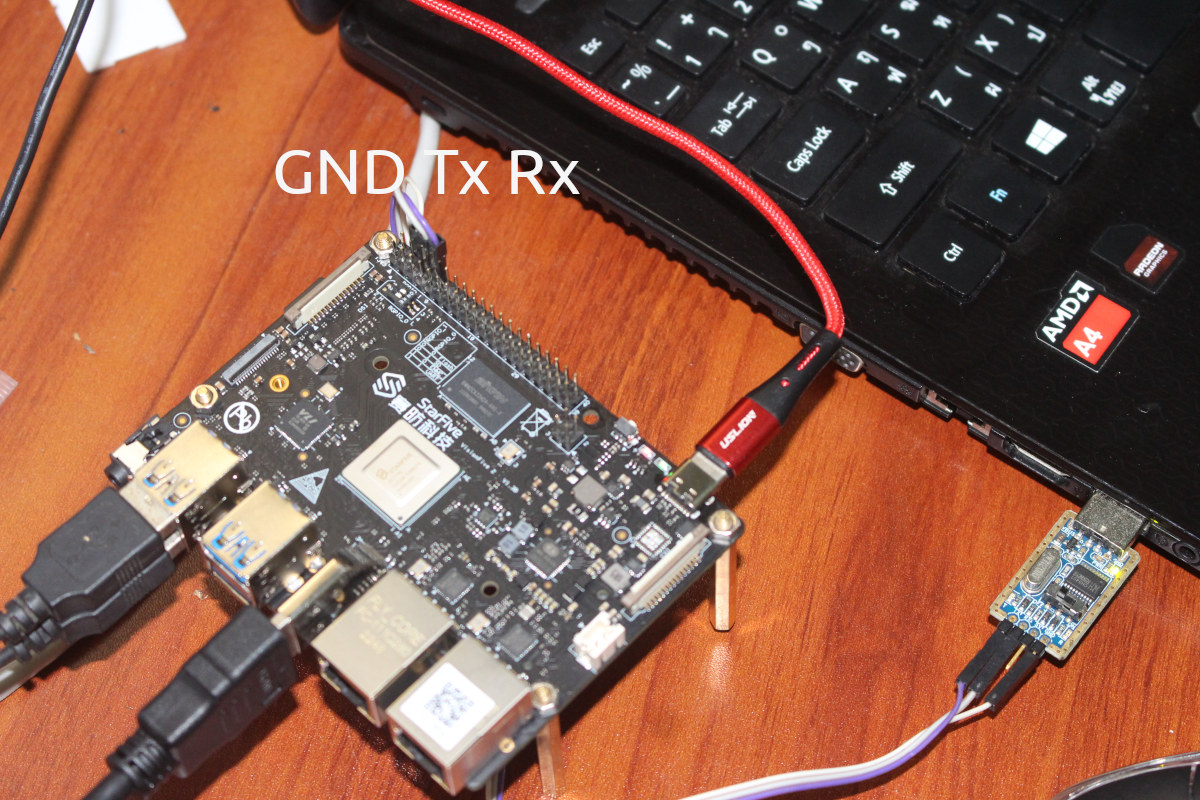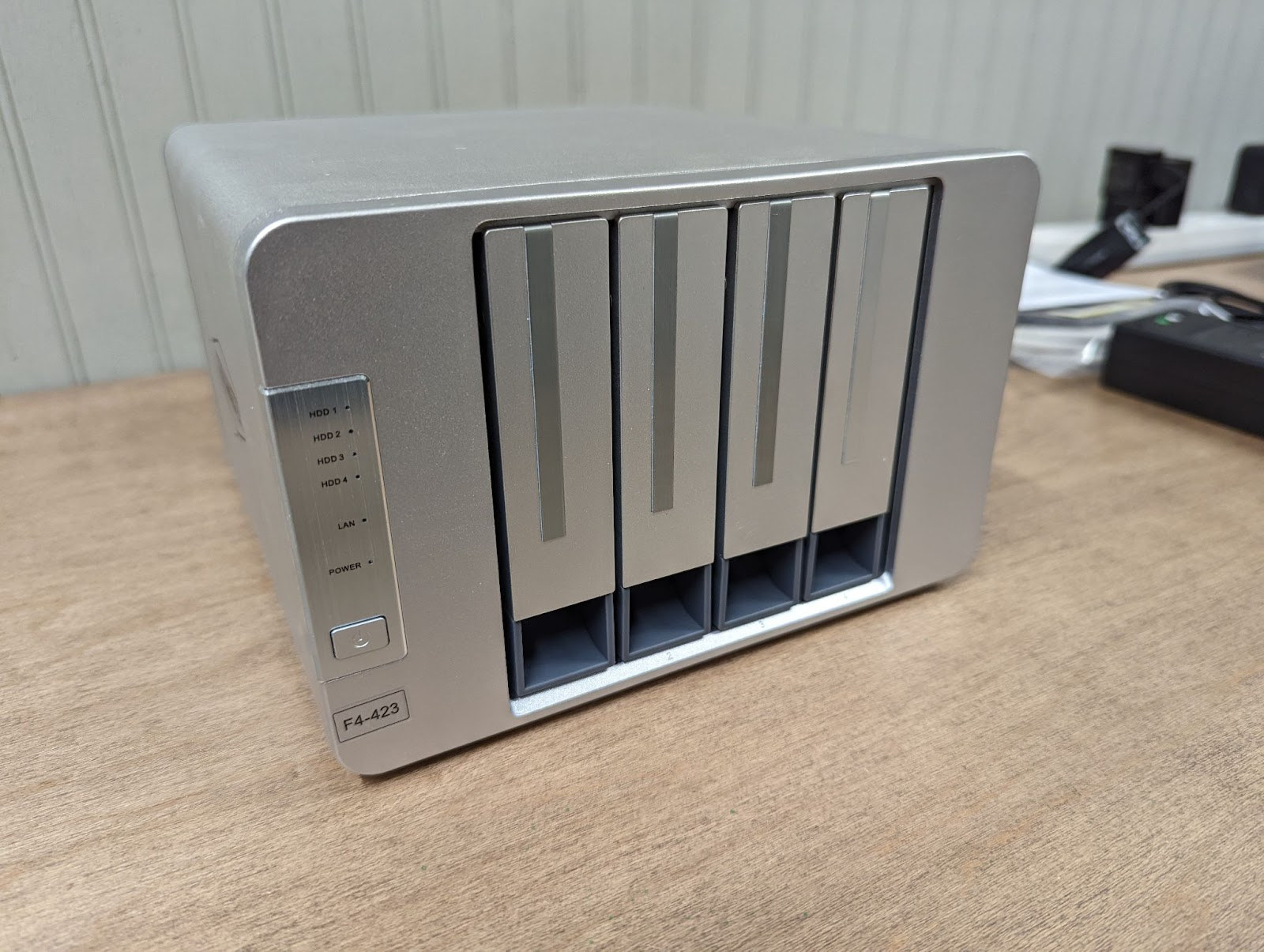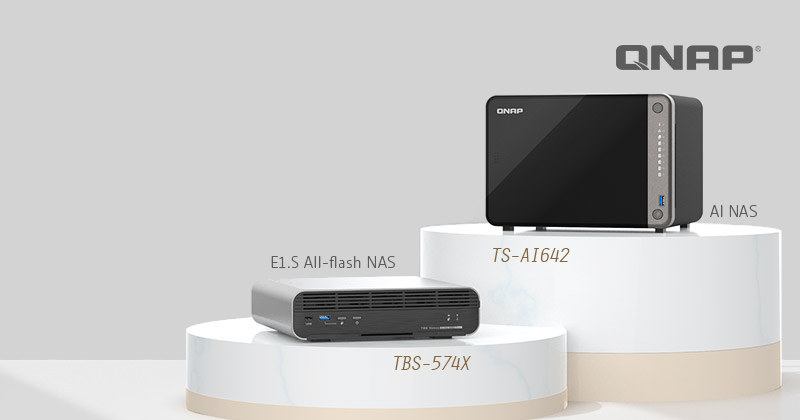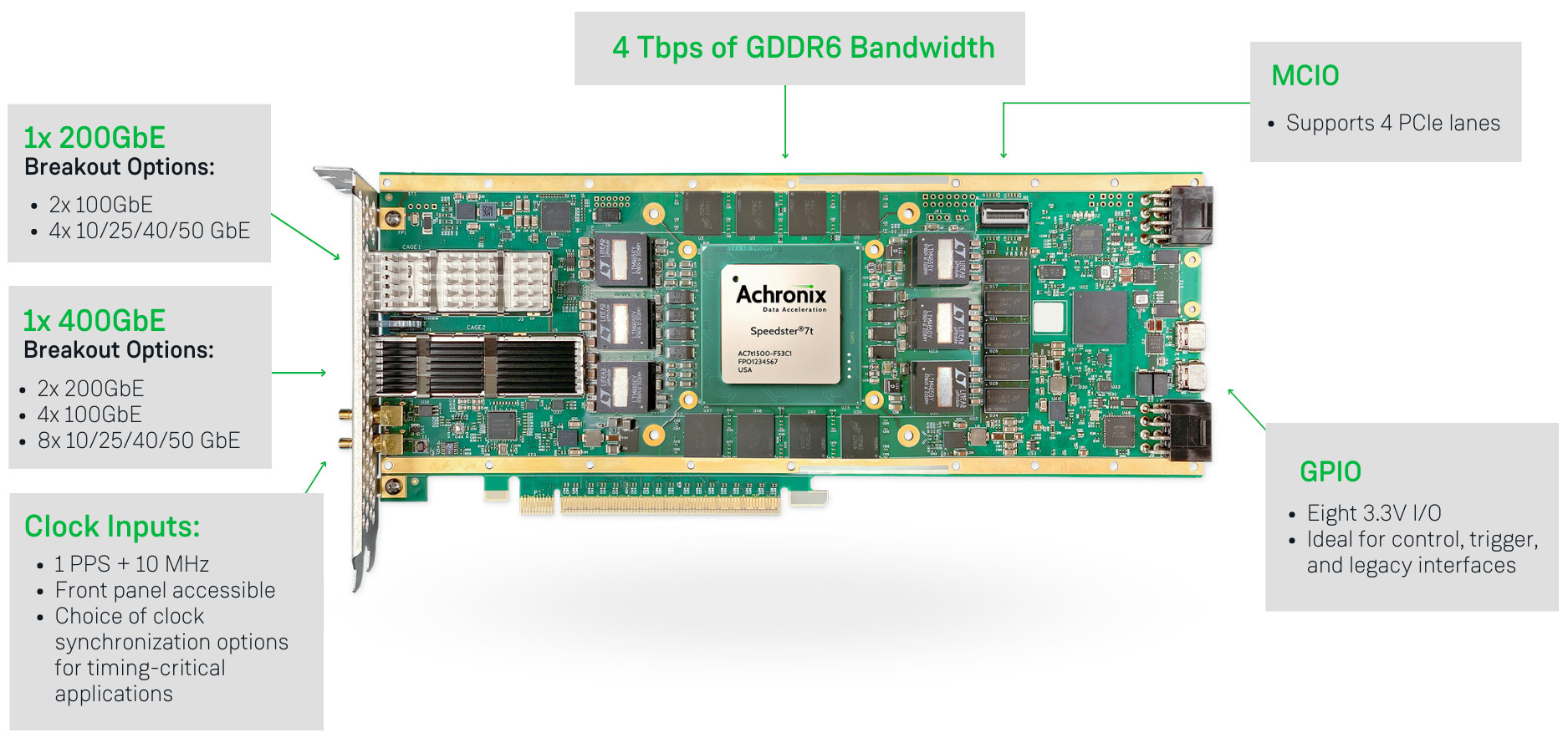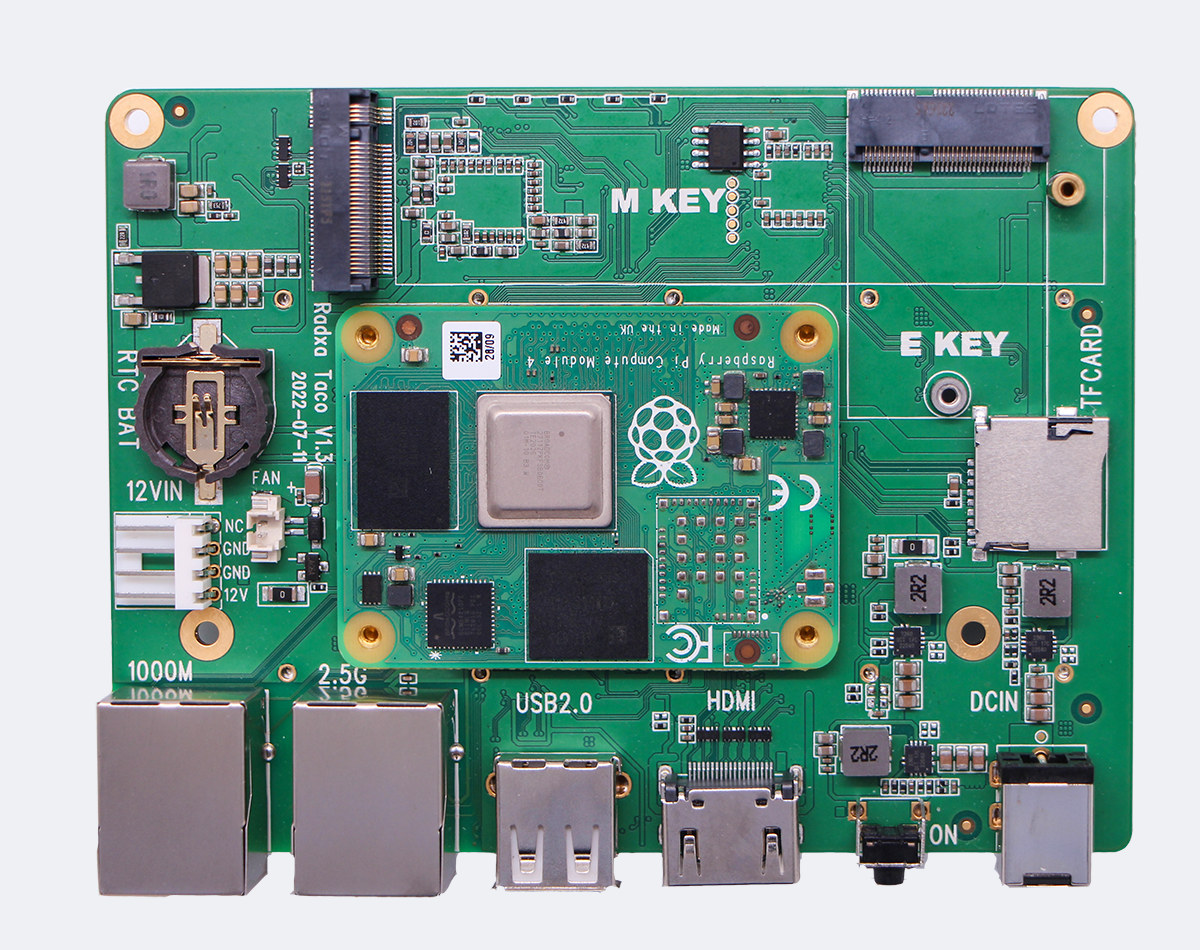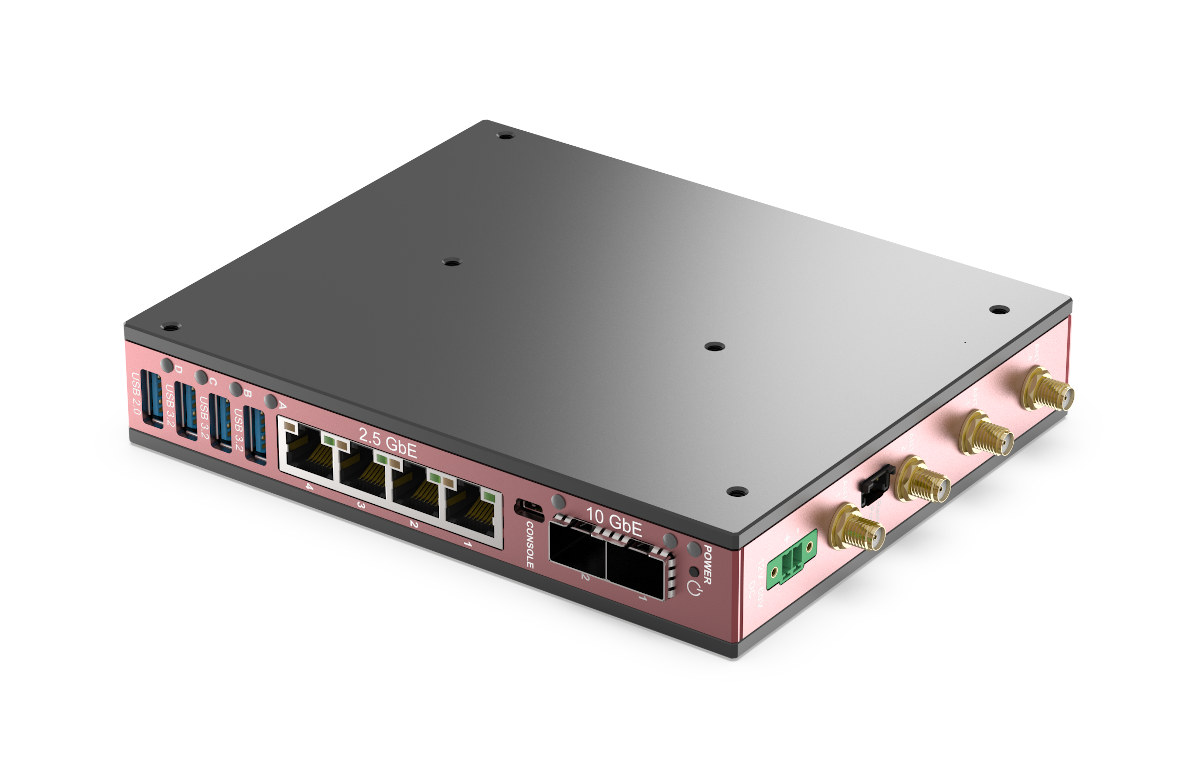Mekotronics R58X-Pro and R58X-HDD Rockchip RK3588 embedded PCs are updates to the company’s earlier R58X and R58X-4G mini PCs with features such as built-in PoE module, 4G LTE module, optional 10GbE M.2 PCIe 3.0 module, and a microSD card slot. The R58X-HDD also adds a 2.5-inch SATA bay for HDD or SSD, and the R58X-Pro implements a volume knob and a front panel display. Both R58X-Pro and R58X-HDD embedded PCs still come with up to 16GB RAM, 128GB eMMC flash, support dual 8K video output through HDMI and DisplayPort outputs, feature one HDMI 2.0 video input, two GbE ports, RS485 and RS232 interfaces, a few USB ports and more. Mekotronics R58X-Pro/R58X-HDD specifications: SoC – Rockchip RK3588 octa-core processor with four Cortex-A76 cores @ 2.4 GHz, four Cortex-A55 cores @ 1.8 GHz, an Arm Mali-G610 MP4 GPU, a 6TOPS NPU, 8K 10-bit decoder, 8K encoder System Memory – 4GB, 8GB, or […]
TrueNAS Mini R rack-mountable system supports TrueNAS CORE or Debian-based TrueNAS SCALE
iXsystems’ TrueNAS Mini R rack-mountable system powered by an Intel Atom C3758 processor running TrueNAS CORE or the new TrueNAS SCALE and equipped with up to 64GB RAM and twelve lockable and hot-swappable 3.5-inch drive bays for more than 200TB of capacity when populated with 18TB drives and 2.5-inch SSD adapters can be provided as well. The TrueNAS Mini R also offers two 10GbE RJ45 interfaces and an optional dual 10GbE SFP+ card can also be added to the system., an IPMI out-of-band management interface, and the company says it’s mostly suitable for small and home offices, as well as enterprise deployments for remote sites, backup, labs, and non-critical departmental applications. TrueNAS Mini specifications: SoC – Intel Atom C3758 octa-core Denverton processor clocked at up to @ 2.2 GHz with 16MB cache; 25W TDP System Memory – 32 or 64GB ECC RAM Storage 12 x 3.5-inch hot-swappable bays (can […]
Hands-on experience with StarFive VisionFive 2 RISC-V SBC using Debian 12
StarFive sent me one of their VisionFive 2 RISC-V SBC for evaluation and review. I got the model with dual Gigabit Ethernet and 8GB RAM, and I’ll report my experience with the Debian 12 “bookworm” image. But note that won’t exactly be a review since the board is unreviewable at this time. It’s really for early adopters and there are many issues to solve, and in this post, I’ll report what works and what doesn’t, and some of the challenges I encountered just to install the OS… VisionFive 2 unboxing The board comes in a package that reads “Embrace change, embrace the future”. The bottom side has some useful links and QR codes, and what you’ll want is the GitHub repository with the source code and instructions to build the image from source (Note: Ubuntu 16.04, 18.04, or 20.04 x86_64 recommended), as well as the RVspace forum section for the […]
TerraMaster F4-423 review – A low-power 4-bay NAS tested with Unraid
Hey Karl here. The timing couldn’t have been more opportune when I was asked to review the TerraMaster F4-423 4-bay NAS. Let me explain why. I run Unraid as my OS of choice for my home lab. I have found it easy to maintain and hard to break. My old rig had a 3900X with 3 cores, 6 threads dedicated to docker containers, and the remaining cores running VM’s. It has been a fun and learning experience. I have run it with several different VM configurations over the past few years. The majority of the time I ran 2 VM’s. One personal and one work and I would RDP over to the work VM. If I wanted to game I had a third gaming VM and allocated all resources to it. It’s not super convenient and as convoluted as it sounds. But recently I moved back to my company-provided laptop […]
QNAP preps Rockchip RK3588 AI NAS and Intel NAS with hot-swappable E1.S SSDs
QNAP has been teasing two potentially interesting NAS coming up soon: the TS-AI642 AI NAS leveraging the 6 TOPS NPU in Rockchip RK3588 Arm processor for image and facial recognition, and the TBS-574X NAS powered by an Intel Core i3-1220P Alder Lake CPU and taking up to five hot-swappable E1.S NVMe PCIe SSDs. Details are limited since neither device is available yet, but both NAS are equipped with relatively powerful Arm and Intel processors and offer some innovative features. QNAP TBS-574X NAS with Rockchip RK3588 Preliminary specifications: SoC – Rockchip RK3588 octa-core 64-bit Arm processor with 4x Cortex-A76 cores @ 2.2 GHz, 4x Cortex-A55 cores @ 1.8 GHz, 6 TOPS NPU Storage – 6x SATA III bays Video Output – 2x HDMI 2.1 ports Networking – Built-in 2.5GbE, PCIe Gen 3 slot for 10GbE module The main highlight is the 6 TOPS AI accelerator that boosts the performance of the […]
Achronix Speedster7t AC7t1500 FPGA is now available for high-bandwidth applications
Achronix Semiconductor has recently announced the general availability of the Speedster7t AC7t1500 FPGA designed for networking, storage, and compute (AI/ML) acceleration applications. The 7nm Speedster7t FPGA family offers PCIe Gen5 ports and GDRR6 and DDR5/DDR4 memory interfaces, delivers up to 400 Gbps on the Ethernet ports, and includes a 2D network on chip (2D NoC) that can handle 20 Tbps of total bandwidth. Achronix Speedster7t highlights: Two-dimensional network on chip (2D NoC) enabling high bandwidth data flow throughout and between the FPGA fabric and hard I/O and memory controllers and interfaces MLP (Machine Learning Processors) blocks with arrays of multipliers, adder trees, accumulators, and support for both fixed and floating-point operations, including direct support for Tensorflow’s bfloat16 format and block floating-point (BFP) format. Multiple PCIe Gen5 ports High-speed SerDes transceivers, supporting 112 Gbps PAM4 and 56 Gbps PAM4/NRZ modulation, as well as lower data rates Hard Ethernet MACs that support […]
Radxa Taco – A Raspberry Pi CM4 carrier board made for NAS with 5x SATA ports
The Radxa Taco is a carrier board for Raspberry Pi CM4 and compatible system-on-modules that is designed for NAS applications with five SATA ports for 2.5-inch or 3.5-inch drives, 2.5GbE and GbE networking, M.2 sockets for expansion, and more. The new board is the successor of the Rock Pi SATA HAT designed for the Raspberry Pi 4 SBC or Raxda Rock Pi 4 single board computers and supports more SATA drives, M.2 NVMe storage, optional WiFi 6, built-in RTC support, and so on. Radxa Taco specifications: Supported SoMs Raspberry Pi CM4 or CM4 Lite Radxa CM3 based on Rockchip RK3566 quad-core Cortex-A55 processor Maybe others Storage 5x SATA interfaces for 2.5-inch HDD or SSD up to 15mm thick, support for 3.5-inch drive via cables, software RAID 0/1/5 1x M.2 M Key 2280 socket for NVMe SSD MicroSD card slot Networking 2.5GbE RJ45 port Gigabit Ethernet RJ45 port Optional WiFi 6 […]
Bedrock V3000 Basic fanless industrial computer is powered by an AMD Ryzen Embedded V3000 processor
SolidRun Bedrock V3000 Basic is an industrial fanless computer based on the new AMD Ryzen Embedded V3000 Zen3 processor family designed for storage and networking applications. More specifically, the embedded computer is based on the AMD Ryzen Embedded V3C48 octa-core/sixteen-thread processor with up to 64 GB DDR5 memory, support for up to three M.2 key-M 2280 NVMe SSDs, and impressive network connectivity options with two SFP+ cages capable of 10 Gbps speeds, four 2.5GbE RJ45 ports, and optional support for WiFi 6, 4G and/o 5G cellular connectivity. Bedrock V3000 Basic specifications: SoC – AMD Ryzen Embedded V3000 family with up to 8C/16T Zen3+ cores @ up to 3.8 GHz; TDP: Up to 45W System Memory – Quad-channel DDR5-4800 up to 64 GB ECC / non-ECC via 2x SODIMM socket. The RAM is conduction-cooled Storage 1x M.2 key-M 2280 NVMe PCIe Gen4 x 4 socket, conduction-cooled, with optional power-loss protection 2x […]


